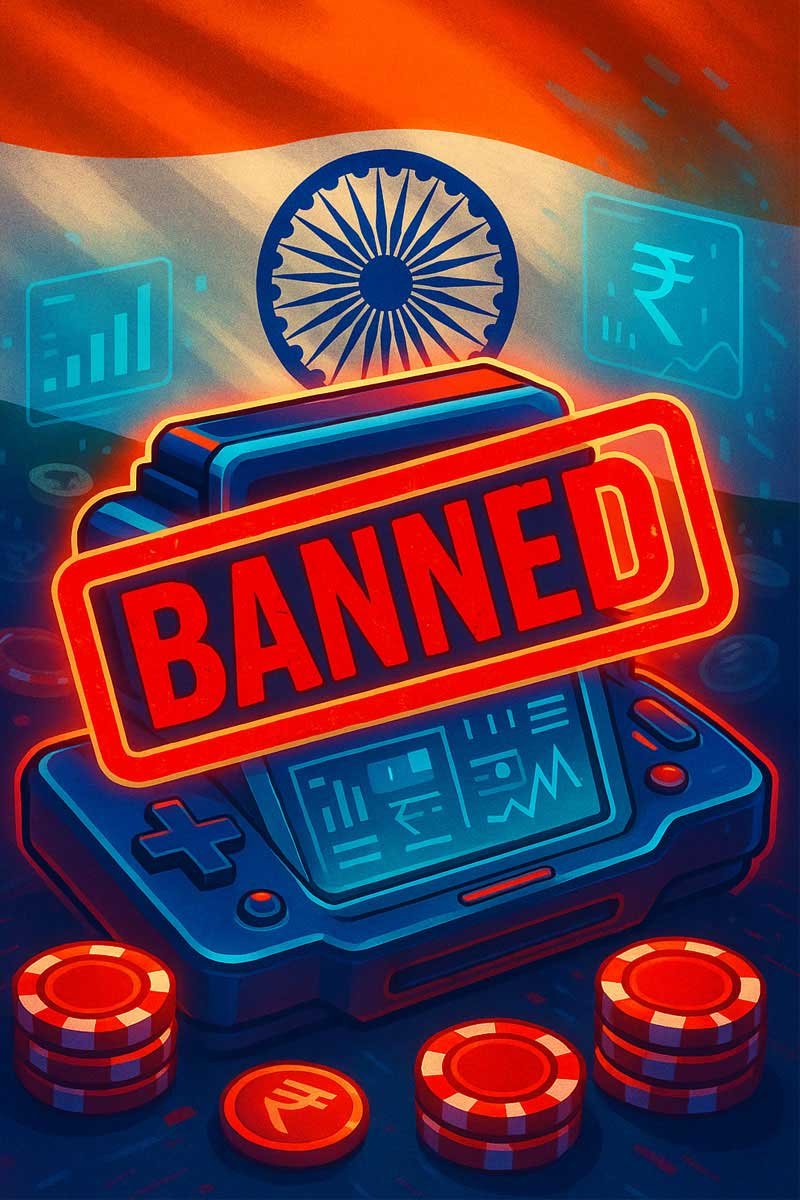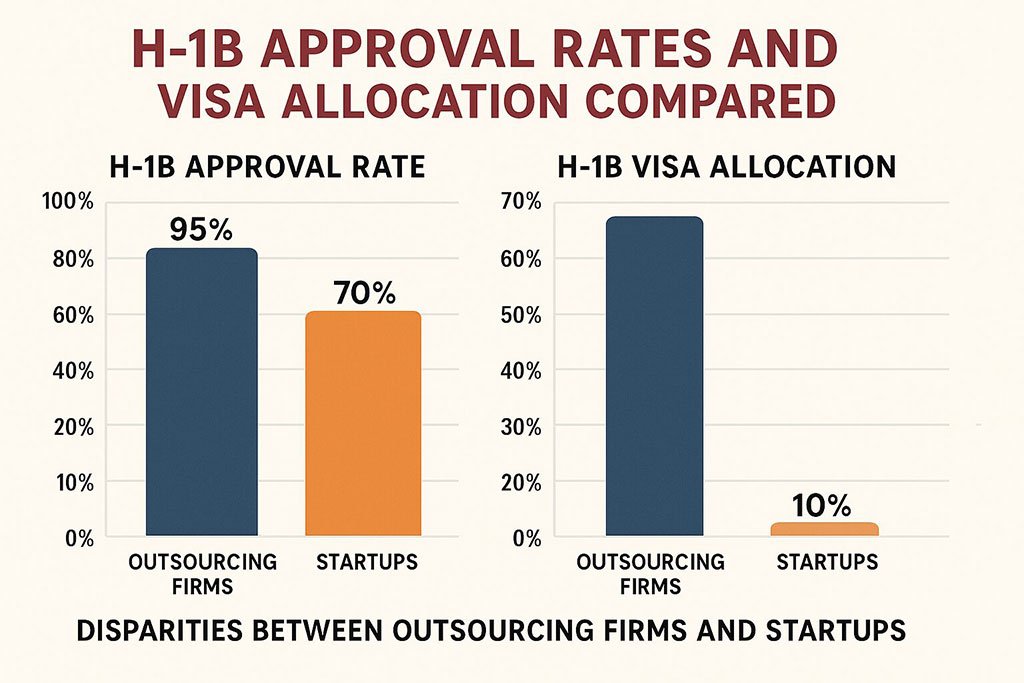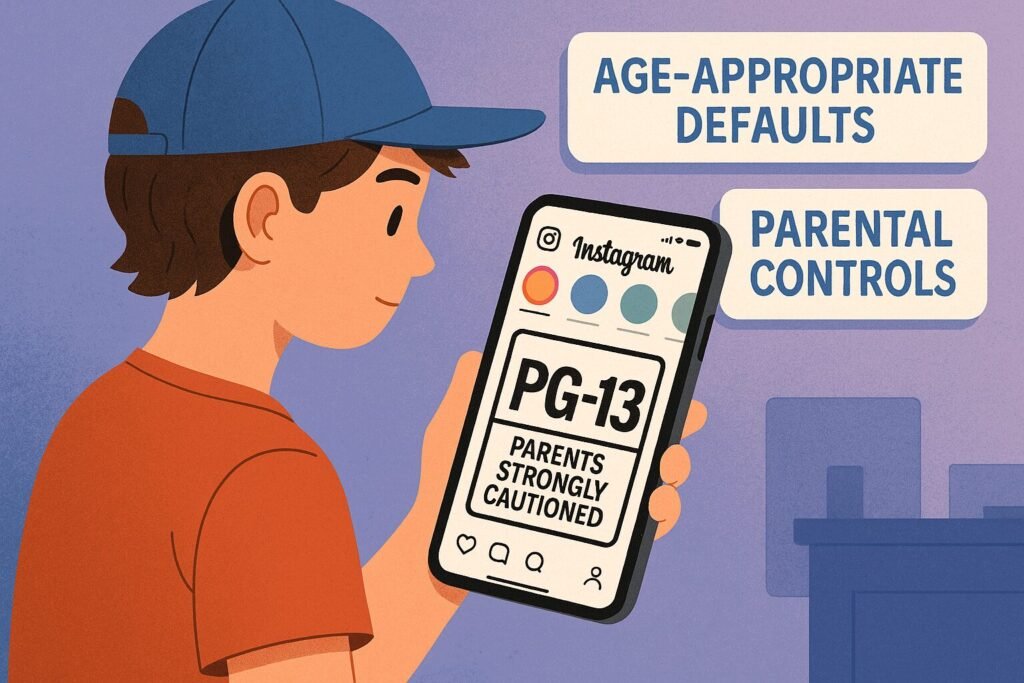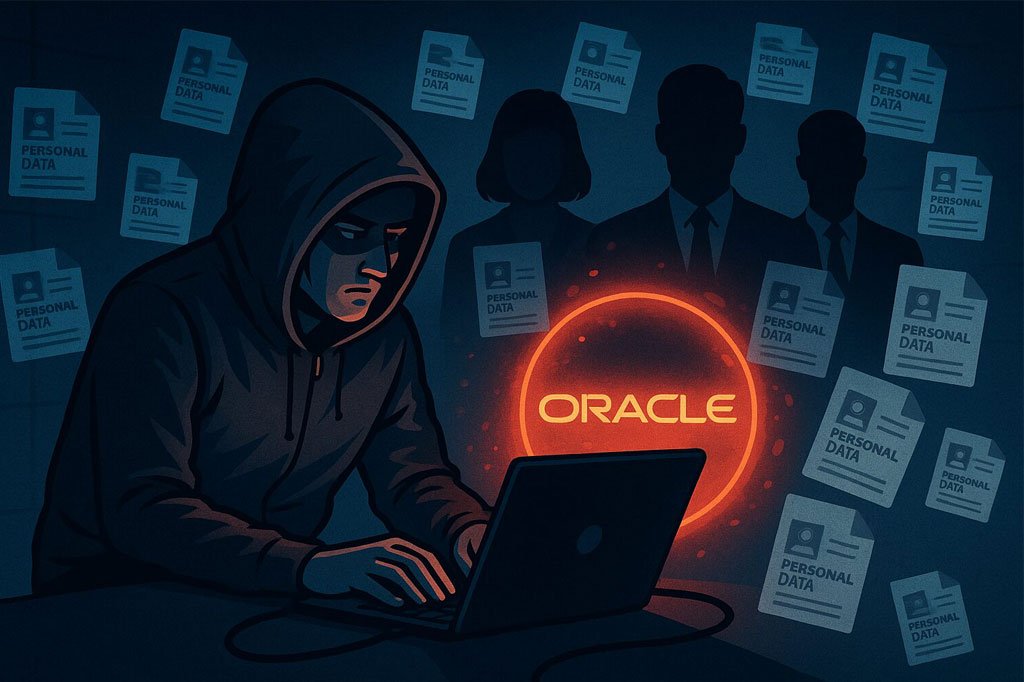Now Reading: Blanket Ban on Real-Money Gaming Looms as India Drafts Proposal
-
01
Blanket Ban on Real-Money Gaming Looms as India Drafts Proposal
Blanket Ban on Real-Money Gaming Looms as India Drafts Proposal

India’s online gaming industry, a rapidly growing sector valued for its economic contributions and innovation, faces a significant challenge. The Indian government is preparing to introduce the Promotion and Regulation of Online Gaming Act, 2025, which proposes a blanket ban on real-money gaming, encompassing both skill-based and chance-based games. This draft legislation, set to be tabled in Parliament, could reshape the gaming landscape, impacting businesses, investors, and players alike. This article explores the details of the proposed ban, its implications, and what it means for the future of online gaming in India.
What is the Promotion and Regulation of Online Gaming Act, 2025?
Overview of the Draft Legislation
The Promotion and Regulation of Online Gaming Act, 2025, aims to regulate the online gaming industry in India comprehensively. According to sources, the draft legislation explicitly prohibits real-money games, regardless of whether they are based on skill or chance. The proposed law also bans advertisements and financial transactions related to real-money gaming, targeting platforms, banks, and financial institutions facilitating such activities.
Key Provisions of the Bill
-
Prohibition of Real-Money Transactions: The draft states, “No bank, financial institution, or any other person facilitating financial transactions or authorization of funds shall engage in, permit, aid, abet, induce, or otherwise facilitate any transaction or authorization of funds towards payment for any online money gaming service.” This effectively halts all monetary transactions linked to real-money gaming.
-
Penalties for Non-Compliance: Companies operating real-money gaming platforms could face imprisonment of up to three years, fines up to ₹10 million (approximately $115,000), or both. Celebrities endorsing such platforms may also face penalties, including up to two years in prison or a fine of ₹5 million (around $57,000).
-
Regulatory Authority: The bill empowers the government to establish a regulatory body to oversee the implementation of the ban and ensure compliance across the industry.
Why is India Proposing a Ban on Real-Money Gaming?
Addressing User Harm and Regulatory Challenges
The Indian government’s move to ban real-money gaming follows previous efforts to regulate the sector. In 2023, amendments to the Information Technology (Intermediary Guidelines and Digital Media Ethics Code) Rules, 2021, aimed to curb “user harm” associated with real-money games by introducing self-regulatory bodies to approve legitimate games and restrict illegal betting. However, the new proposal takes a stricter stance, equating real-money gaming with gambling, a perspective that has sparked debate within the industry.
Economic and Social Concerns
The government’s rationale includes concerns over addiction, financial losses, and the potential for real-money gaming to fuel illegal activities. With the industry generating significant revenue—often accounting for over 85% of gaming companies’ income—the proposed ban reflects a prioritization of social welfare over economic gains. Posts on X highlight the government’s intent to align real-money gaming with gambling, reinforcing the 28% GST already imposed on such platforms.
Impact on the Online Gaming Industry
Economic Fallout for Gaming Companies
The proposed ban could deliver a “knockout punch” to India’s real-money gaming industry, which industry sources estimate contributes ₹20,000 crore in annual tax revenues and attracts ₹25,000 crore in foreign direct investment (FDI). A founder of a leading gaming startup, speaking anonymously to TechCrunch, warned that businesses could shut down if the legislation is enacted, as real-money gaming accounts for the majority of their revenue. Investors also fear significant financial losses, with one stating, “All unicorns in this sector are going to be significantly impacted.”
Challenges for Startups and International Expansion
Many Indian gaming startups rely almost entirely on domestic revenue, making international expansion a challenging prospect. While some companies have explored overseas markets to circumvent regulatory hurdles, these efforts have yet to yield significant results. The proposed ban could force companies to pivot to non-monetized games, which are less profitable and may not sustain current business models.
Reactions from Industry Stakeholders
Industry Bodies Oppose the Ban
Gaming industry bodies such as the All India Gaming Federation (AIGF), E-Gaming Federation (EGF), and Federation of Indian Fantasy Sports (FIFS) have voiced strong opposition to the proposed legislation. In a letter to India’s Home Minister Amit Shah, these organizations warned that the ban could be a “death knell” for the sector, leading to significant tax revenue losses and job cuts. They argue that distinguishing between skill-based and chance-based games could allow for a more balanced regulatory approach.
Future of Online Gaming in India
Potential Outcomes of the Ban
If passed, the Promotion and Regulation of Online Gaming Act, 2025, could fundamentally alter India’s gaming ecosystem. Companies may need to shift focus to non-monetized games or explore alternative revenue models, such as in-game purchases or subscriptions. However, the loss of real-money gaming revenue could lead to widespread layoffs and reduced innovation in the sector.
Opportunities for Regulation Reform
Industry stakeholders advocate for a more nuanced approach, such as distinguishing between skill-based and chance-based games. A regulatory framework that balances consumer protection with economic growth could preserve the industry’s contributions while addressing government concerns.
The proposed blanket ban on real-money gaming in India represents a pivotal moment for the country’s online gaming industry. While the government aims to protect consumers from potential harms, the legislation could devastate businesses, investors, and jobs. As the Promotion and Regulation of Online Gaming Act, 2025, heads to Parliament, stakeholders await clarity on its final form and its impact on one of India’s fastest-growing sectors. Stay informed as this story develops, and share your thoughts on the future of online gaming in India.

































